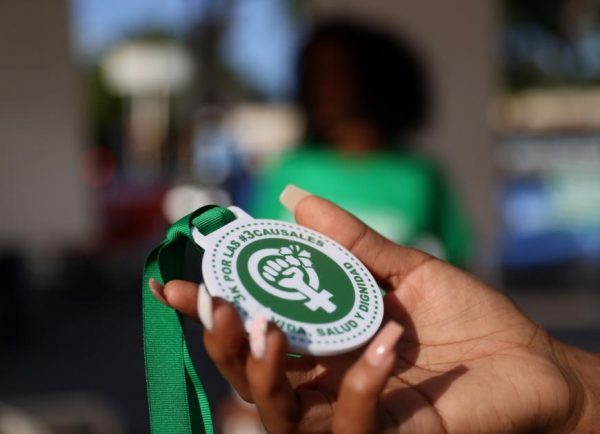
Human Rights Watch (HRW) says the total ban on abortion in the Dominican Republic threatens women’s health and lives and is compatible with the country’s international human rights obligations. The ban primarily affects the poor as the wealthy have the option of traveling abroad for the service.
Abortion is illegal in the Dominican Republic even when a pregnancy is life-threatening, unviable, or the result of rape or incest. Congress is debating whether to decriminalize abortion in these cases.
“The Dominican Republic’s legislators have an opportunity to reform the country’s archaic criminal code and decriminalize abortion in three circumstances,” says Ximena Casas, women’s rights researcher at Human Rights Watch. “Women and girls in the Dominican Republic have had a long wait for the authorities to defend their lives and their sexual and reproductive rights.”
The country’s criminal code imposes prison sentences of up to 2 years on women and girls who have abortions and up to 20 years for medical professionals who provide them.
Human Rights Watch has published studies that prove that the criminalizing of abortion creates an environment in which women and girls resort to unsafe procedures that endanger their health and lives.
President Luis Abinader had promised to back the three grounds for abortion when campaigning for office. Now in office, he is backing that a national referendum be called to decide the matter. The ruling party, the Modern Revolutionary Party (PRM), was also in favor of the three grounds when opposition, but now has sided with the religious extremists.
Former President Danilo Medina never used his influence when his party was majority in Congress (from 2012-2020) to pass the three grounds to abortion. He resorted instead to vetoing the Penal Code without the three grounds when it was sent to the Presidency for signing into law.
Read more:
Human Rights Watch report on abortion in DR
25 April 2021

